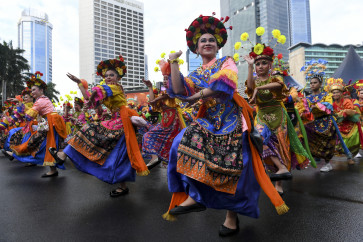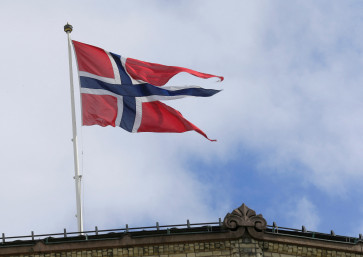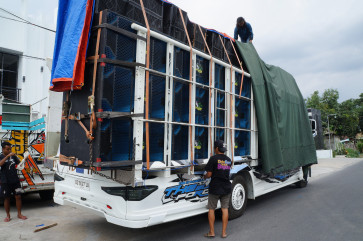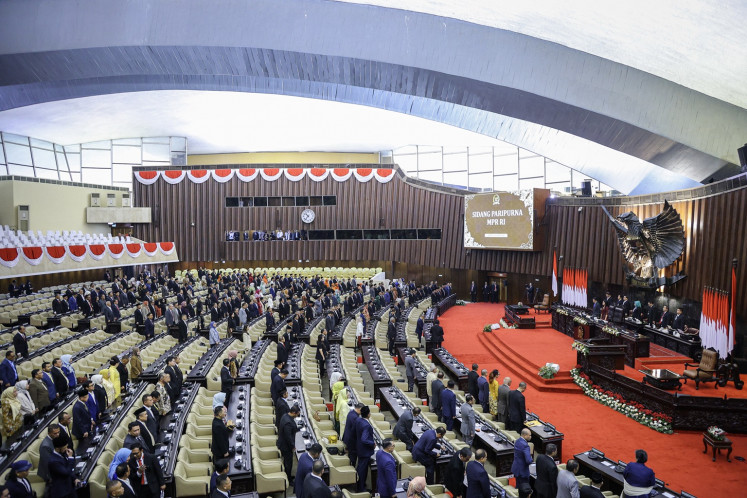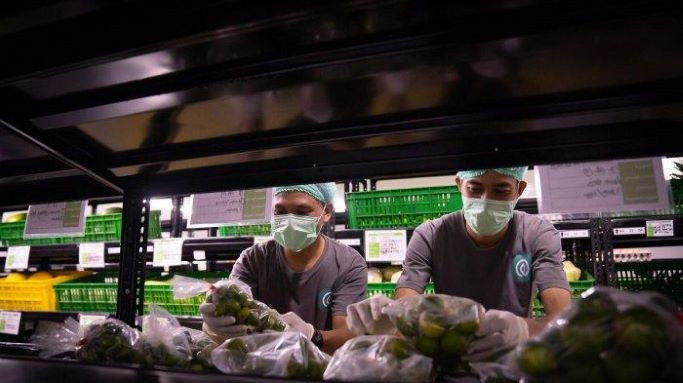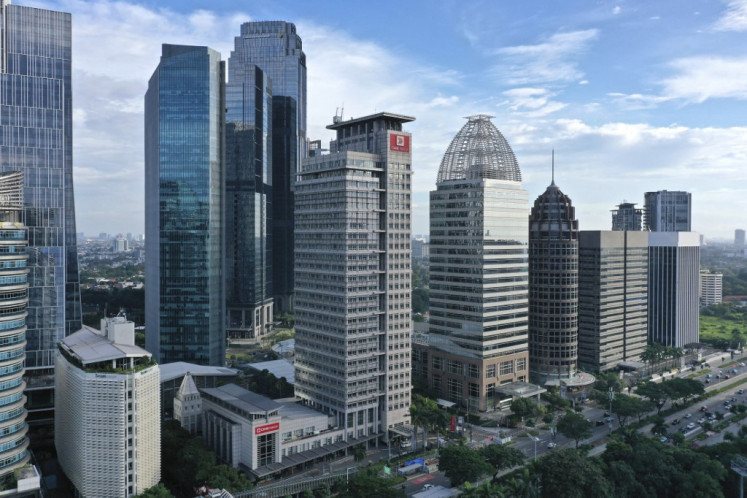Popular Reads
Top Results
Can't find what you're looking for?
View all search resultsPopular Reads
Top Results
Can't find what you're looking for?
View all search resultsLaw revision looks to end overlapping authority
The revision of the 2001 Oil and Gas Law must clarify duties and functions of each government institution involved in the sector to improve efficiency and avoid overlapping authority, a senior official says
Change text size
Gift Premium Articles
to Anyone
T
he revision of the 2001 Oil and Gas Law must clarify duties and functions of each government institution involved in the sector to improve efficiency and avoid overlapping authority, a senior official says.
Upstream oil and gas regulator BPMigas head Raden Priyono said that better governance in the oil and gas sector was imperative to improving the sector’s future output.
“We need to fix the way we manage this sector. Strengthening the capacity of each institution by clarifying its duties and authorities is absolutely necessary,” he told the House of Representatives Commission VII overseeing energy on Monday.
Downstream oil and gas regulator BPH Migas head Tubagus Haryono, who was at the hearing, agreed.
“We need to make clear the division of authority between BPH Migas and the Oil and Gas Directorate General at the Energy and Mineral Resources Ministry,” he said.
Priyono also suggested that the law revision grant the right to determine oil and gas working areas to the president. BP Migas will prepare terms and conditions for cooperation contracts with contractors and conduct the auction process to offer the areas to investors.
The revised law should also accommodate the interests of regional administrations where the oil and gas blocks are located to increase their income and participation in operating the blocks, Priyono said.
He also said the law should give regional administrations the right to first tranche petroleum or signature bonuses, the amounts of which would be set by the revised law.
“These changes aim to minimize misunderstanding and operational constraints due to uncooperative regional administrations,” he added.
BPMigas’ other suggestions for the commission were prioritizing the state-owned oil and gas company in the exploration and exploitation of new working areas or those where the contracts had expired.
“The privileges may be in the forms of prioritizing the company in auction processes, in taking over blocks whose contracts have expired and in cooperating with region-owned enterprises by financially supporting them to acquire participating interests in an oil and gas block,” Priyono said.
The last privilege was offered to prevent the regional firms from working with private companies to finance acquisitions.
Commission chairman Teuku Riefky Harsya requested that both BPMigas and BPH Migas compile written reports on the weaknesses of each institution, particularly regarding issues related to overlapping authority among government institutions.
“The reports from BPMigas and BPH Migas will be our references in revising the 2001 Oil and Gas Law,” he said.
Riefky also revealed that the commission would summon Pertamina and other oil and gas companies operating in the country to hear their input and aspirations in the law revision process. The result would then be discussed with the Energy and Mineral Resources Ministry, he added.


